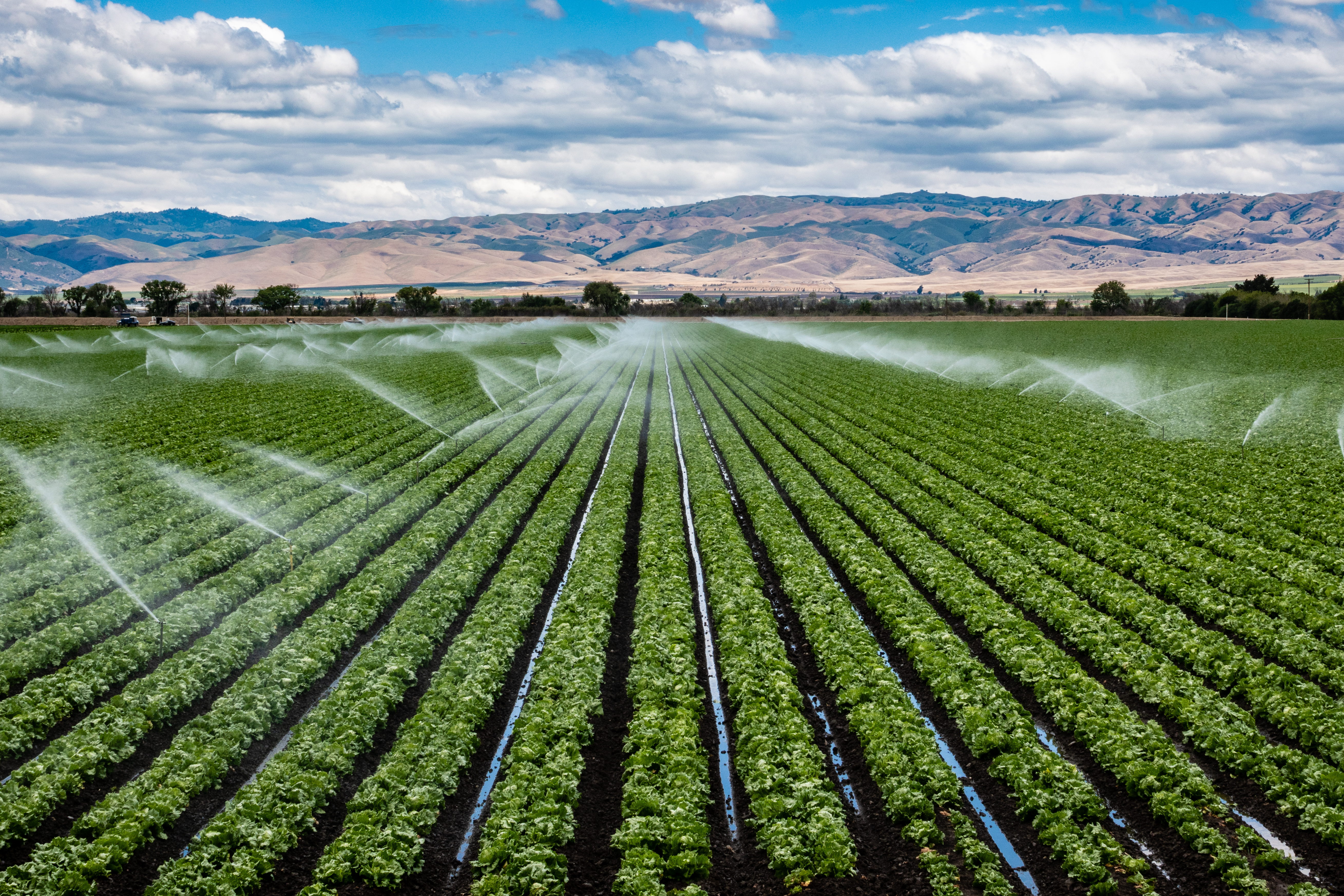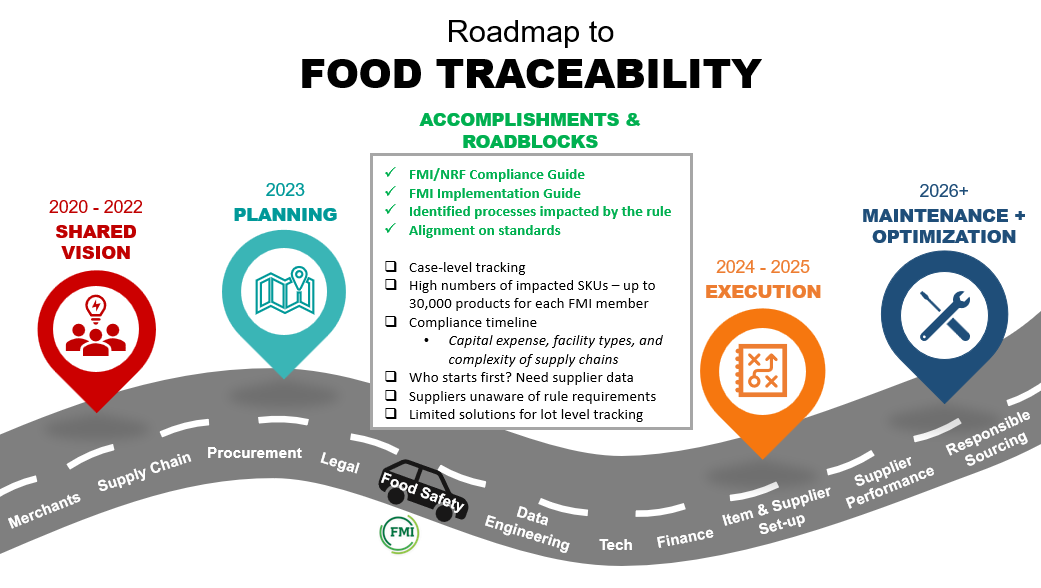By: Robert L. Garfield, Senior Vice President, Safe Quality Food Institute (SQFI)

Culture can be defined as the “personality of an organization” and measuring personality is not an easy task. Establishing a company-wide positive food safety culture requires obtaining the necessary management commitment to courageously confront decades-old practices and change baked-in behaviors and values.
The Food Safety Modernization Act (FSMA) shifted the food safety mindset from reactive to proactive. SQFI has responded by making changes and updates in 2017 to help companies nurture a food safety culture that is preemptive and positive.
SQF Code Edition 8
This year, SQFI proudly launched the SQF Code Edition 8. With the release of the upgraded program the goal was to redesign the Food Safety and Quality Code to fit the needs of the operation and industry sectors, update system elements and Good Industry Practices and focus on the latest food safety issues and regulatory requirements, and build the quality elements to address continuous improvement. SQFI evolved from one big standard to seven distinct industry specific programs and eliminated its Level categories. With the release of the upgraded program, we provide our stakeholders with relevant and robust resources to address the changing regulatory and food safety landscape and take the scope of our food safety and quality programs to the next level.
One major modification to the SQF Code is our approach to food quality certification. The Edition 8 Quality Program is formally Level 3 and although sites must remain certified to the SQF Food Safety Code related to their industry, the outcome of the quality audit does not affect the score or rating of the food safety audit. We have changed the scoring of the quality audit to just pass or fail, and also incorporated feedback from both retailers and suppliers to make the program more robust.
SQF Food Safety Code for Food Retail
SQFI announced its newest certification program, the SQF Food Safety Code for Food Retail. The certificate is designed for retail and wholesale grocers wanting another layer of brand protection to help ensure they are properly protecting consumers. The program covers the system elements, as well as Good Retail Practices for retail, wholesale and grocery. The program outlines a review at the corporate and store level with an option to participate in a multi-site program.
Refining Communication Tactics
With the vast and ever-increasing number of events, training classes, program developments, and educational resources being developed and hosted by SQFI, we found it was necessary to re-think our primary communication strategy for 2017 to achieve greater visibility with stakeholders and create a better experience for customers. To meet this goal, SQFI implemented a monthly newsletter that consolidates our events and information and facilitates a thought-leadership exchange in the food safety, quality and ethical sourcing industries. As a result, our new communication strategy experienced a 19 percent increase in member engagement.
Food Safety Around the Globe
Today’s consumer wants to buy both local and global products, expects more diverse product offerings, and obtains their food through a variety of different channels. Protecting the supply chain has never been more crucial than it is today, and with increased regulatory and government rules and regulations, implementing the SQF Program has never been more important to your business. The SQF Program is a global standard that is truly farm to fork.
SQFI’s international outreach included travel to Guadalajara, Mexico to exhibit and present at Expo ANTAD & Alimentaria and our Supplier Seminar Series trip to Japan, Taiwan and Australia. During our journeys abroad, we met with regional retailers, suppliers, government officials, and other food safety professionals to discuss the impact of FSMA's Foreign Supplier Verification, the future of food safety, and recent program developments at SQFI.
More information can be found on www.sqfi.com.


 Industry Topics address your specific area of expertise with resources, reports, events and more.
Industry Topics address your specific area of expertise with resources, reports, events and more.
 Our Research covers consumer behavior and retail operation benchmarks so you can make informed business decisions.
Our Research covers consumer behavior and retail operation benchmarks so you can make informed business decisions.
 Events and Education including online and in-person help you advance your food retail career.
Events and Education including online and in-person help you advance your food retail career.
 Food Safety training, resources and guidance that help you create a company food safety culture.
Food Safety training, resources and guidance that help you create a company food safety culture.
 Government Affairs work — federal and state — on the latest food industry policy, regulatory and legislative issues.
Government Affairs work — federal and state — on the latest food industry policy, regulatory and legislative issues.
 Get Involved. From industry awards to newsletters and committees, these resources help you take advantage of your membership.
Get Involved. From industry awards to newsletters and committees, these resources help you take advantage of your membership.
 Best practices, guidance documents, infographics, signage and more for the food industry on the COVID-19 pandemic.
Best practices, guidance documents, infographics, signage and more for the food industry on the COVID-19 pandemic.
